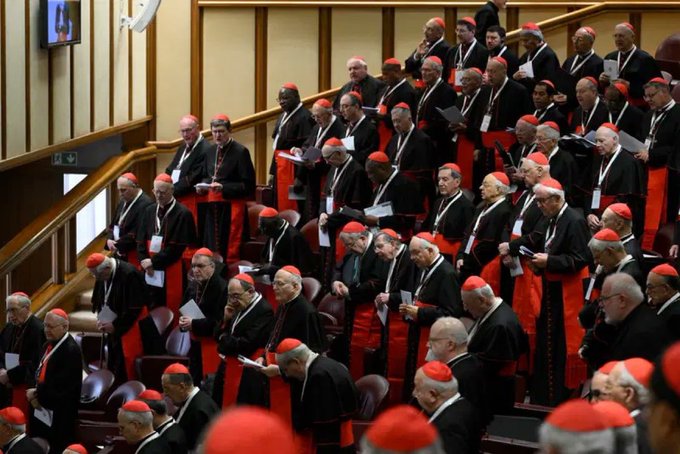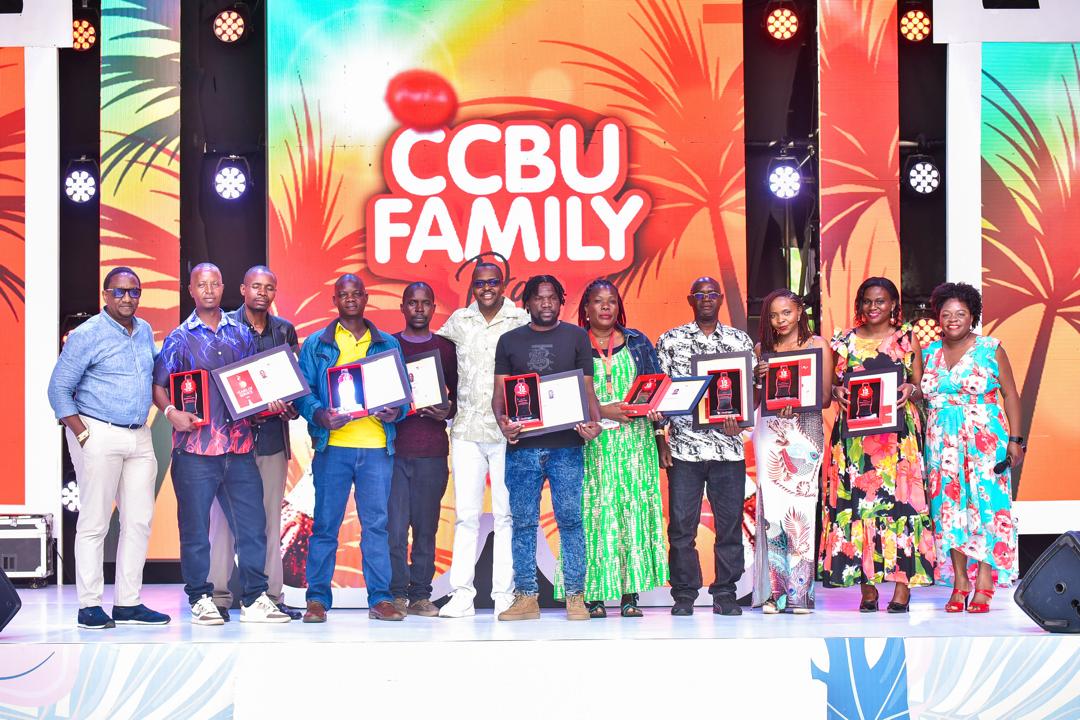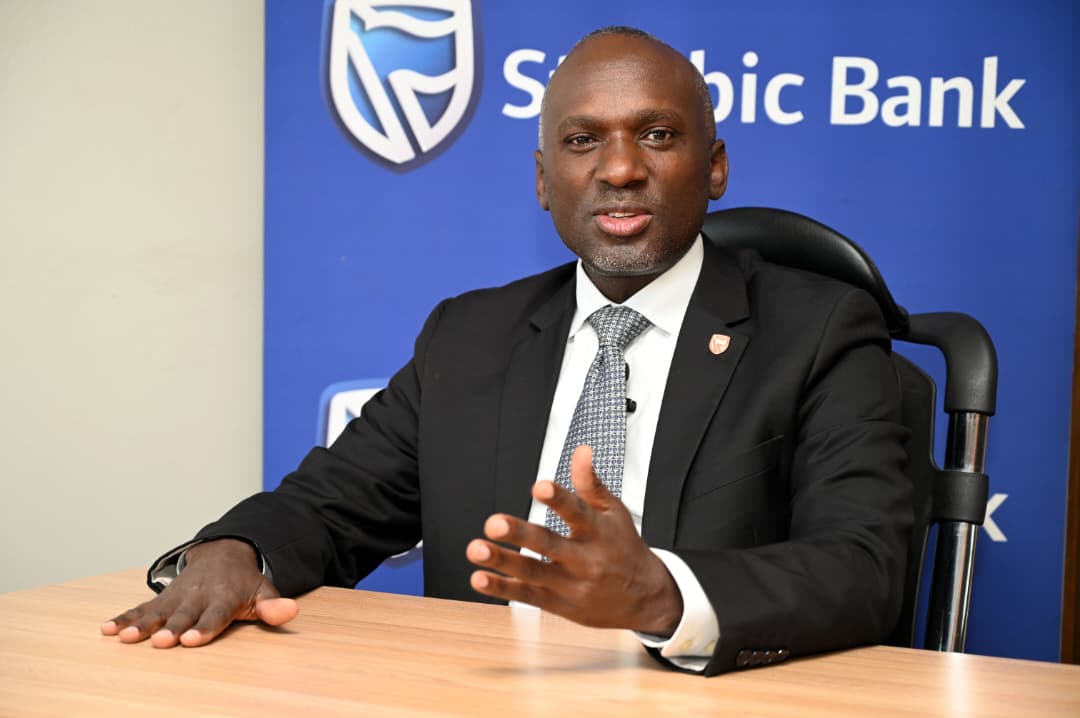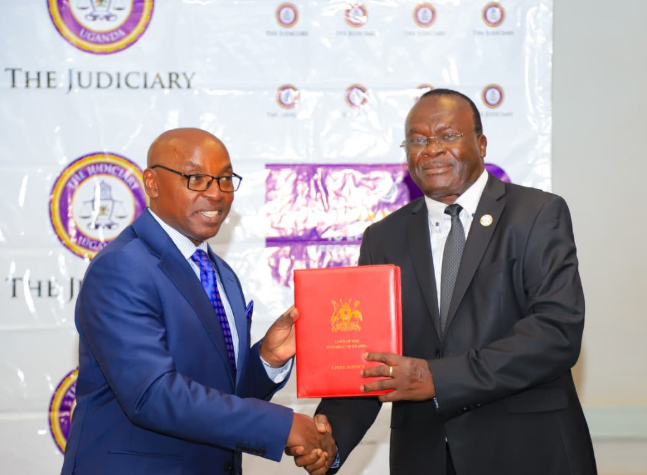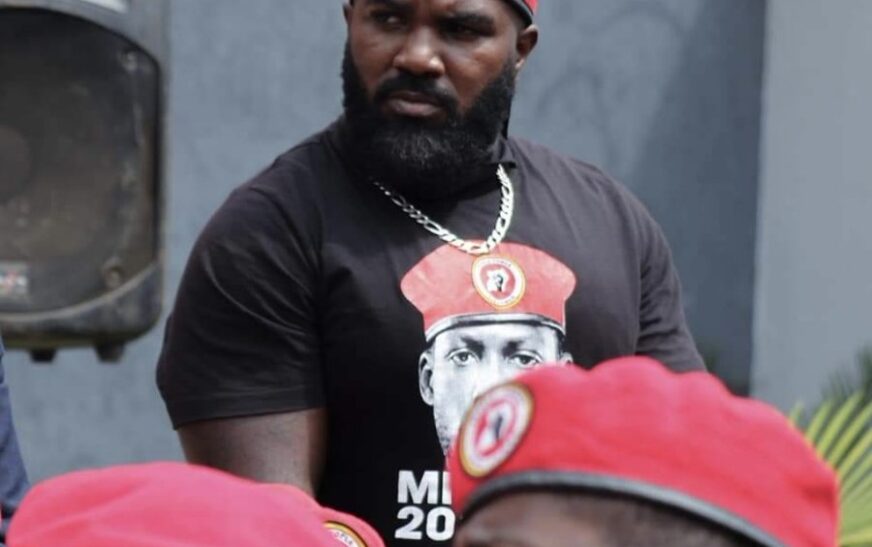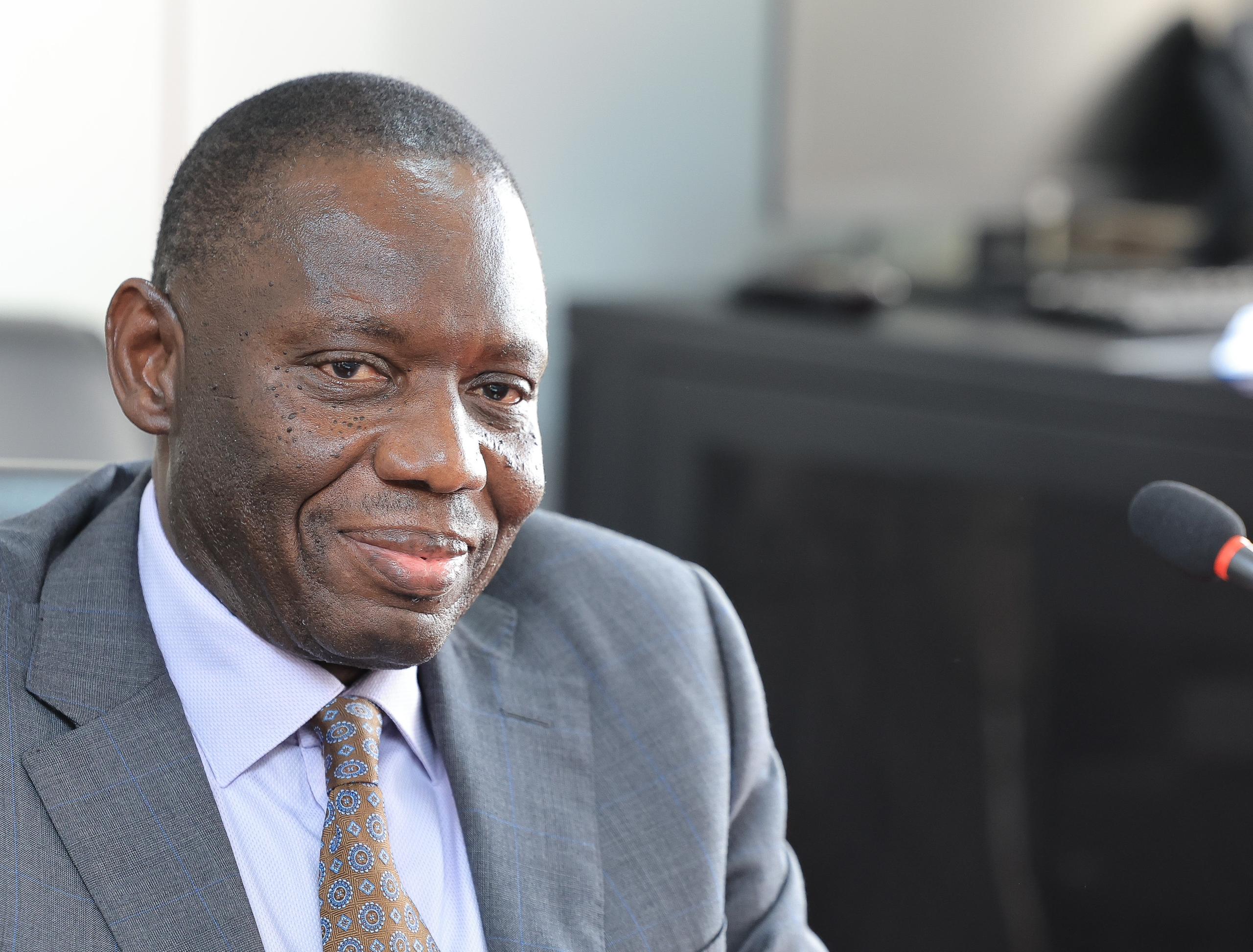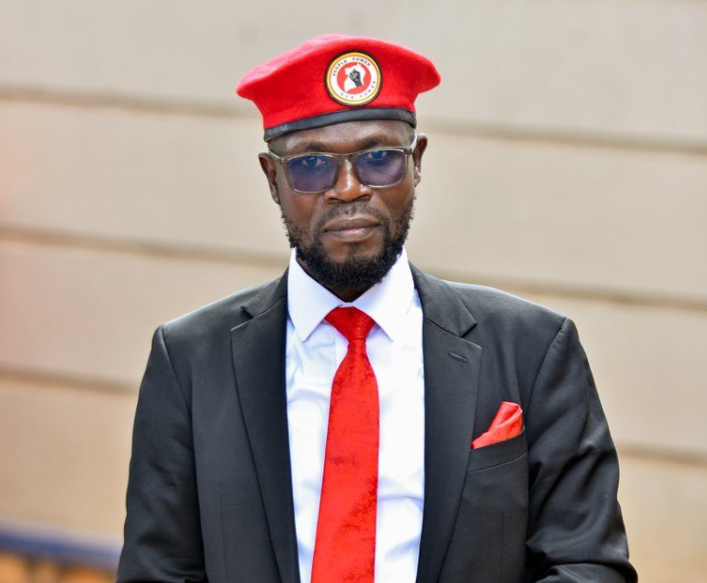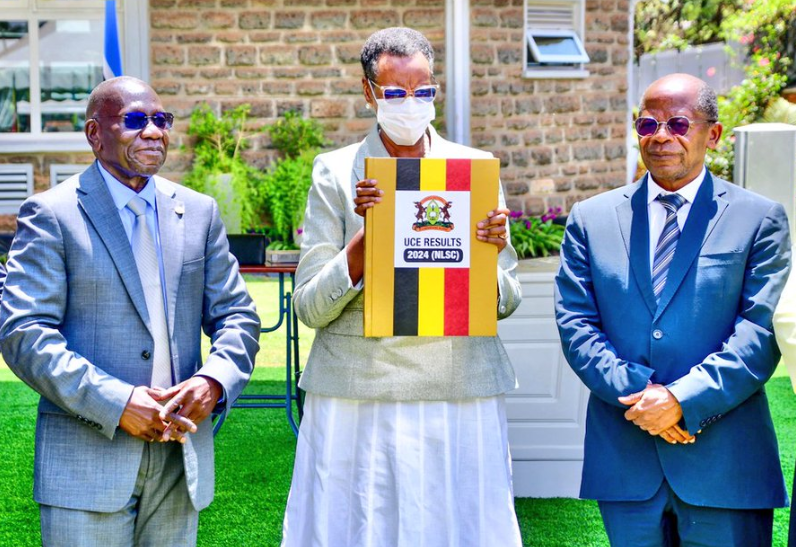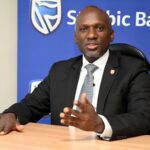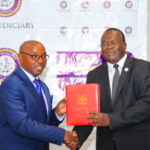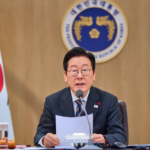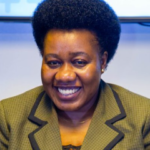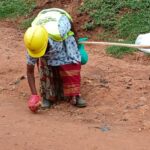Catholic cardinals will enter a sealed conclave this week to choose a new pope, as the Church’s 1.4 billion members await the outcome with bated breath.
A total of 133 “Princes of the Church” will convene on Wednesday to elect a successor to Pope Francis, who passed away on April 21 at the age of 88.
Central to the process is the question of whether the next pontiff will continue the progressive path charted by the popular Argentine leader, or whether the Church will shift toward a more conservative, traditionalist direction.
Pope Francis led the Church for 12 years and appointed 80 percent of the cardinal electors. Representing five continents and around 70 countries, this group is the largest and most internationally diverse in Church history.
Some experts believe the progressive faction will have the upper hand, aiming to elect a pope who will carry on Francis’s reformist legacy and energize his supporters.
Still, the outcome is far from certain. Once the cardinals are locked inside the Sistine Chapel, they will begin a series of secret ballots, continuing until a two-thirds majority is reached. The process is open-ended and could take several rounds of voting.
Outside St. Peter’s Basilica on Sunday, as the Church concluded the traditional nine-day mourning period for Francis, a mix of pilgrims and tourists gathered. Opinions about the future direction of the papacy varied widely.
Canadian priest Justin Pulikunnel voiced his frustration with the direction Francis had taken the Church, expressing hope for a return to more traditional leadership.
The conclave is scheduled to begin Wednesday afternoon and could last for days, weeks, or even months, until white smoke from the chapel’s chimney signals that a new pope has been chosen.
Meanwhile, preparatory meetings—known as general congregations—continued on Monday with both morning and afternoon sessions. These gatherings include all cardinals, not just the under-80s eligible to vote, and serve as a forum to discuss the challenges the next pope will face.
While these meetings are not meant to be political, they offer cardinals a chance to get acquainted. Some admit that names are quietly floated during meals and informal conversations.
“Nobody campaigns, for crying out loud. That would be extraordinarily stupid and indiscreet—and improper and counterproductive,” said Cardinal Timothy Dolan, Archbishop of New York.
Still, numerous potential candidates are being mentioned. As with Francis—then the relatively unknown Argentine cardinal Jorge Bergoglio—there is always the chance that a surprise contender could emerge.

